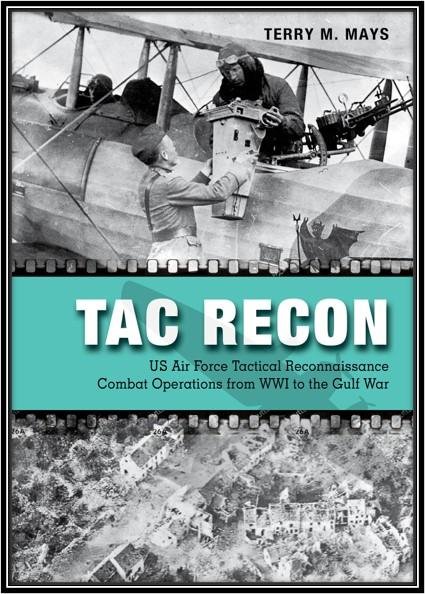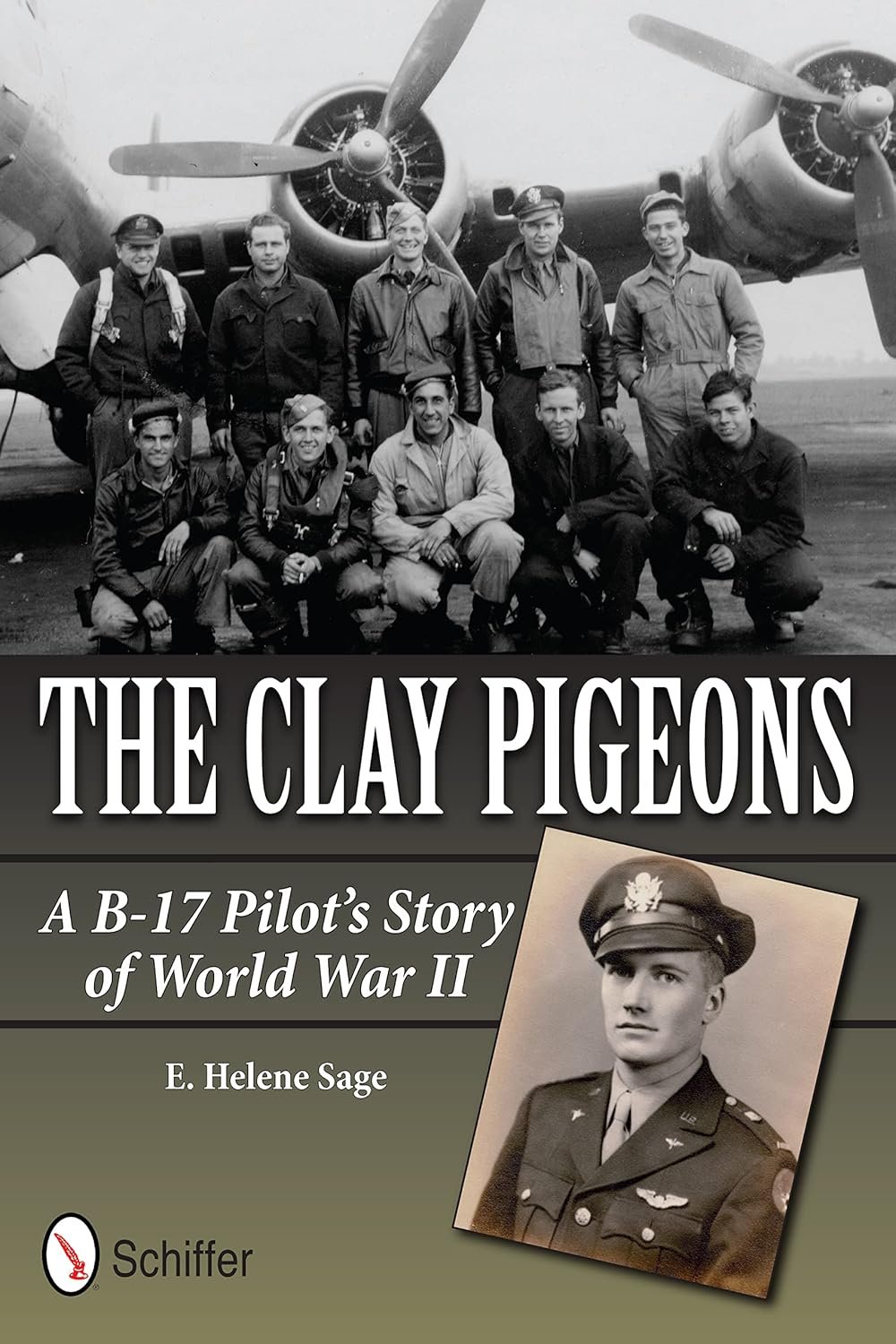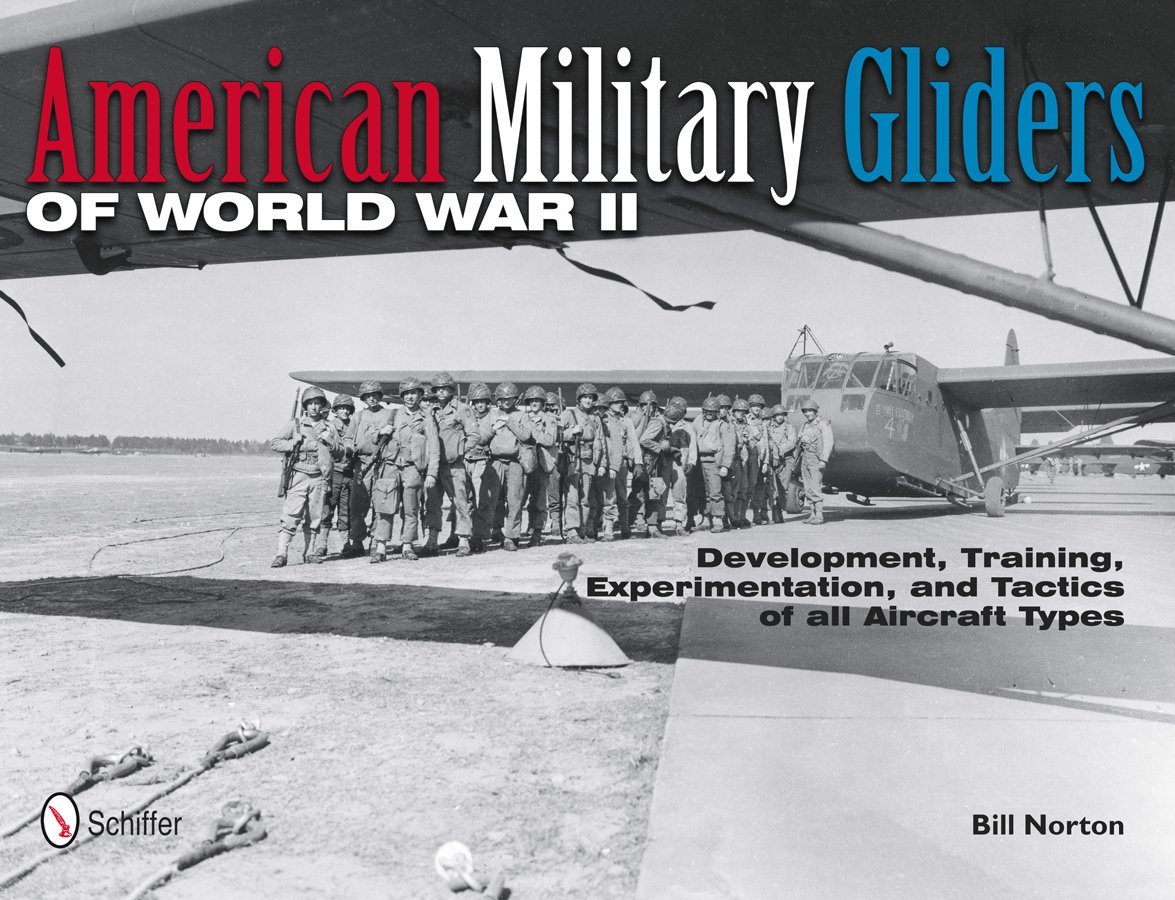
South Pacific Air War - The Role of Airpower in the New Guinea and Solomon Island Campaigns, January 1943 to February 1944
In 1943 the Allies chipped away at the defensive outer barrier of the Japanese Pacific empire, particularly in the Solomon Islands and New Guinea. US Marine and Army infantry trudged through bloody jungle fighting on remote South Pacific islands such as Guadalcanal, New Georgia, and Bougainville. The US Navy waged war on Japanese shipping, seeking to prevent reinforcement and resupply for the battered Japanese ground forces. Particularly celebrated are the tiny PT boats, such as John F. Kennedy’s PT-109, which charged destroyers head on.
In this work, author Richard Dunn adds a third dimension to the history of the New Guinea and Solomon Islands campaigns by detailing the pivotal role of airpower. Dunn has formulated his narrative by studying and comparing Allied and Japanese reports, many of which reside in his personal collection. Dunn's analysis makes clear not only how the air campaign was fought, but how air, sea, and land operations were linked.







